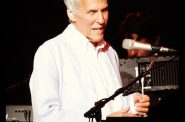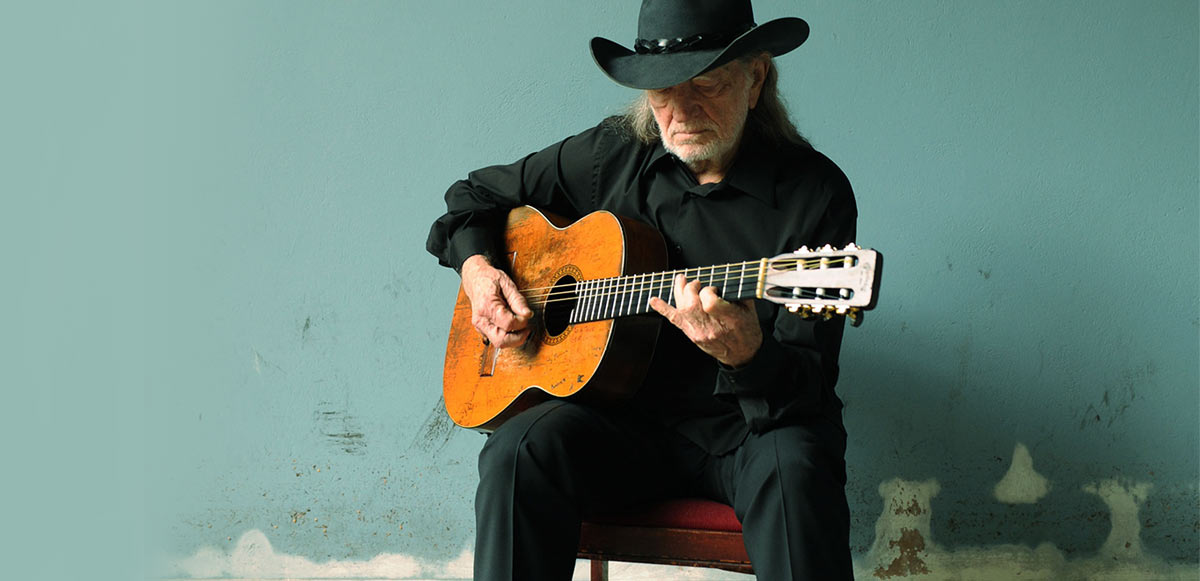How Did Willie Nelson Ever Succeed?
The songwriting was always there, but oh, those early days as a performer.
Go ahead and look at this video of Willie Nelson singing “I Never Cared For You.” Imagine you’re living in that time, which looks to be close to when he recorded it in 1963, and then tell me you see this guy somewhere down the line selling millions of records and packing the concerts halls of America. Right.
Before he was ubiquitous, Willie Nelson was known as a writer’s writer in Nashville with a few classics, including “Funny How Time Slips Away,” “Nightlife” and “Crazy,” all certified standards. But making it as an artist was more of a challenge. The public was probably not ready for a guy whose voice and delivery were way outside the norm.
So he struggled. You probably already know about the move back to Texas and the transformation into Willie 2.0 — the hippy/redneck with beat-up guitar. It was a very close parallel to George Carlin, who dropped the suit and tie, let his hair and beard grow out and hit the stage a very different guy. Both were avid pot-smokers with a stubborn streak.
It’s very odd to see the guy who wore a hole in his iconic Martin nylon string guitar playing a big old country flat top with steel strings. You recognize the tasty little fills and solos he plays, though. His style as a picker hasn’t changed that much, nor has his singing.
Back to that song, which was as outre as he was then. It has nothing to do with what country was then. It might seem formulaic, though “three chords and the truth” was not a bad way to go for most Nashville artists. You could squeeze a lot of expression out of that very constricting format. But this song? Here’s a list of its transgressions against normalcy:
- It’s in a minor key — what? Almost all country songs, happy or sad, are in major keys.
- It uses an exotic progression that has more to do with Spain (via Mexico) than anything heard on the Grand Ole Opry. The only thing missing are castanets and Mariachi trumpets.
- It has a strange, almost gratuitous, key change in the second section that sounds like temporary insanity.
- The structure is unconventional to say the least.
- Its lyrics are thoughtful and slightly ironic. Nashville and irony were, and still are, oil and water.
- It ends on an odd chord borrowed from yet another key. Again, possibly a little gratuitous, but memorable.
Nashville is a very careful town. If something sells, look for more of the same. On a scale of one to five, with one being a song you immediately hate and five being a song you love so much you want to play all the time, the record companies wanted a three — they still do. Not too original because that wouldn’t include enough country signifiers, and nothing too un-original, because those songs never make it past the demo stage.
Willie was a five and he was headed for ten. How the heck did get as far as he did back then? He’s the exception that proves —or is it undermines?— the rule.
Sieger on Songs
-
The Legacy of Robbie Robertson
 Sep 28th, 2023 by John Sieger
Sep 28th, 2023 by John Sieger
-
Bill Nighy Sings ‘The Rowan Tree’
 Apr 12th, 2023 by John Sieger
Apr 12th, 2023 by John Sieger
-
Burt Bacharach Was A Suave Throwback
 Mar 20th, 2023 by John Sieger
Mar 20th, 2023 by John Sieger





















